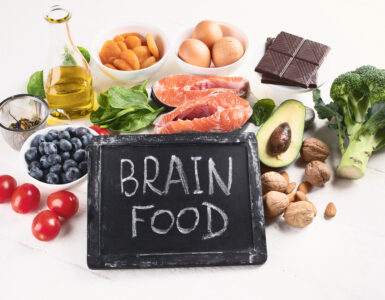We’ve all heard how a glass of red wine is good for your heart. I’m not a wine drinker, but heart health is definitely on my mind as I get older. Is the wine/heart connection an old wives’ tale, a good excuse to have drink or does it really improve heart health? Here’s what I learned as I asked the question – Is wine really good for you?
Red Wine
According to the Mayo Clinic, the links between drinking red wine and experiencing fewer heart attacks are not completely understood, but the antioxidants in red wine may increase levels of high-density lipoprotein (HDL) cholesterol (the “good” cholesterol) and protect against cholesterol buildup. Wine also contains the compound “resveratrol” and the flavonoid “procyanidin” from the skin of the grapes, which some research shows act like antioxidants, and may be linked to a lower risk of inflammation and blood clotting.
According to Livestrong, the best red wines for heart health—those containing high levels of procyanidin and resveratrol—are Madiran wines from the Gascony region in France and Pinot Noirs from any region.
White Wine
Because red wine is fermented longer with grape skins than white wine, the levels of resveratrol are higher than in white wine. Still, white wine has many of the same positive health benefits as red wine, and also contains flavonoids that have antioxidant properties. Plus, some studies show white wine protects the heart against aging, while others show white wine can also help with weight loss.
But don’t uncork that bottle of white yet! A new study from researchers at Harvard and Brown, shows white wine is associated with a 13% increase in melanoma risk, while beer, red wine, and spirits had no significant effect. Researchers speculate white wine may be more likely than red to increase melanoma risk because it contains more acetaldehyde (a close relative of formaldehyde) and a lower concentration of antioxidants to counter the effects than red wine does.
Champagne
If you’re looking for a lower calorie alcoholic beverage, with similar heart-healthy properties, champagne is a good alternative. A study from the University of Reading (U.K.) found drinking champagne may improve vascular performance—and drinking three glasses of champagne a week could help prevent brain disorders, including dementia and Alzheimer’s disease. In fact, the researchers recommend you drink two to three glasses of champagne a week, starting after the age of 40, to help stave off dementia.
What if you’re not a drinker and don’t want to start now? Of course, neither the American Heart Association nor the National Heart, Lung, and Blood Institute recommends you start drinking alcohol just to prevent heart disease. All alcohol has the potential to be addictive and can cause or worsen other health problems.
The heart healthy antioxidants and flavonoids are available as supplements, however as with all supplements, they are not regulated by the FDA. Check with your doctor before starting any supplement regimen to see if anything in your family history or current state of health warrants the extra heart disease preventives.
Rieva Lesonsky is an entrepreneur, best-selling author and self-educated health nut. Follow her @Rieva.
Photo Credit: BrianAJackson/iStock/Thinkstock




Add comment